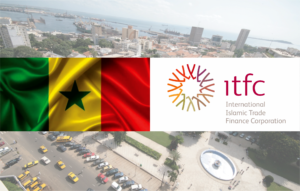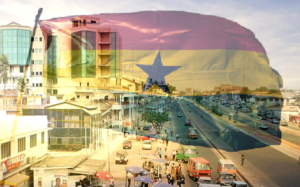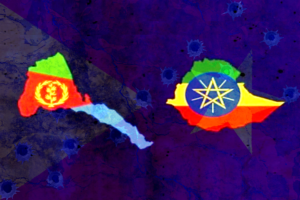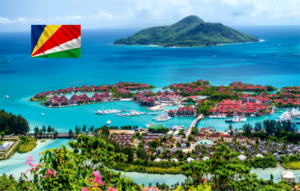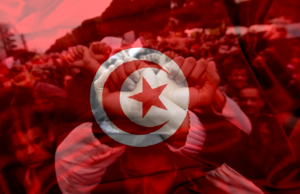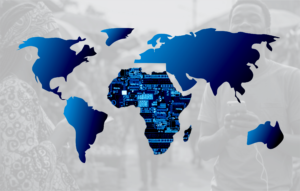Senegal’s PM Sonko Launches Bold Economic Recovery Plan, Vows to Rely on Domestic Resources
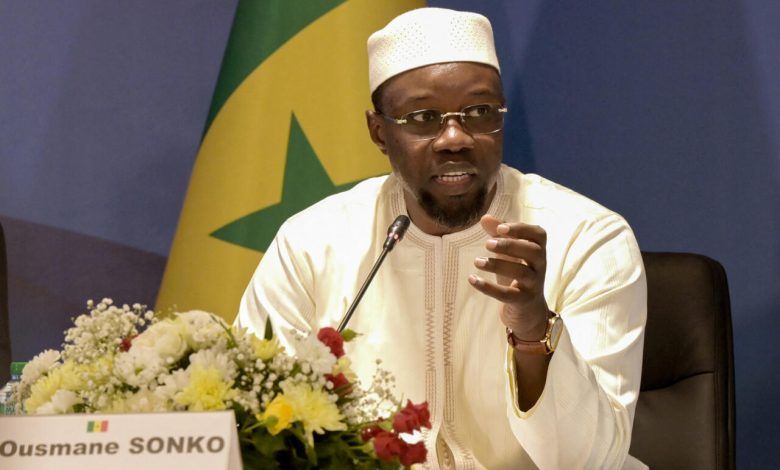
Prime Minister Ousmane Sonko on Friday unveiled a sweeping economic recovery plan aimed at stabilising Senegal’s finances without incurring new debt, pledging that 90% of the programme will be financed through domestic resources.
![]()
The plan comes amid growing economic pressure on the West African country, which began producing oil and gas in 2024 but is still reeling from the fallout of undisclosed debts inherited from the previous administration. The hidden liabilities led to the suspension of Senegal’s loan programme by the International Monetary Fund (IMF).
“We have identified more than 4.6 trillion CFA francs ($8.16 billion) in available resources between 2025 and 2028, without increasing the state’s debt,” Sonko said during a presentation in Dakar.
Key pillars of the recovery strategy include sharp cuts to public spending and new revenue-generating measures, with the goal of reducing the budget deficit from 12% of GDP in 2024 to 3% by 2027.
The government plans to merge and reduce the size of state institutions—a move expected to save around 50 billion CFA francs. It will also eliminate tax exemptions in select sectors, focusing on the largely untaxed digital economy. Online gaming and mobile money services were cited as examples.
In addition, taxes on tobacco products will be raised from 70% to 100%, and new visa fees will be introduced for visitors from countries that require visas for Senegalese nationals, including non-African states. The government expects visa revenues to generate an estimated 60 billion CFA francs.
The initiative marks a significant shift toward fiscal self-reliance and reflects Sonko’s broader push to reform public finance and restore international credibility.


